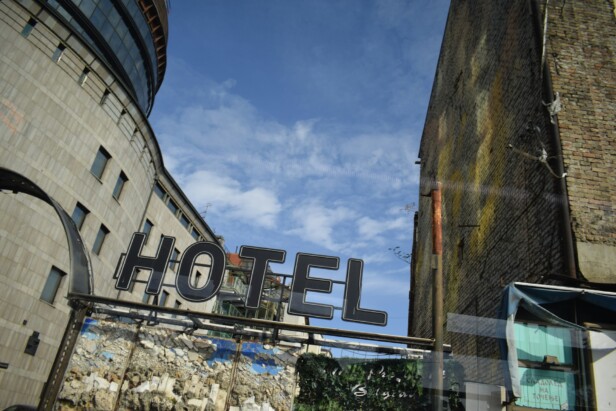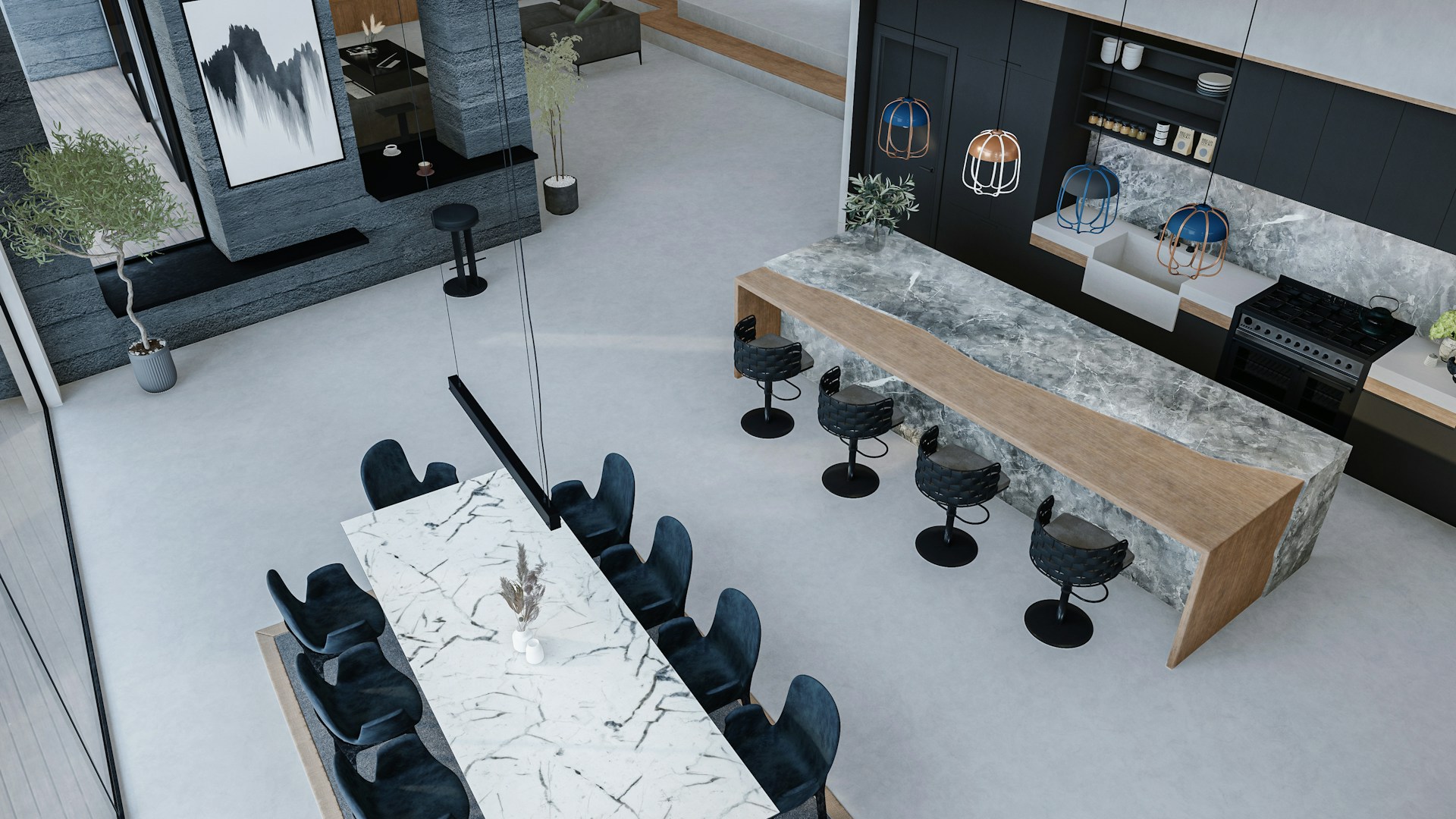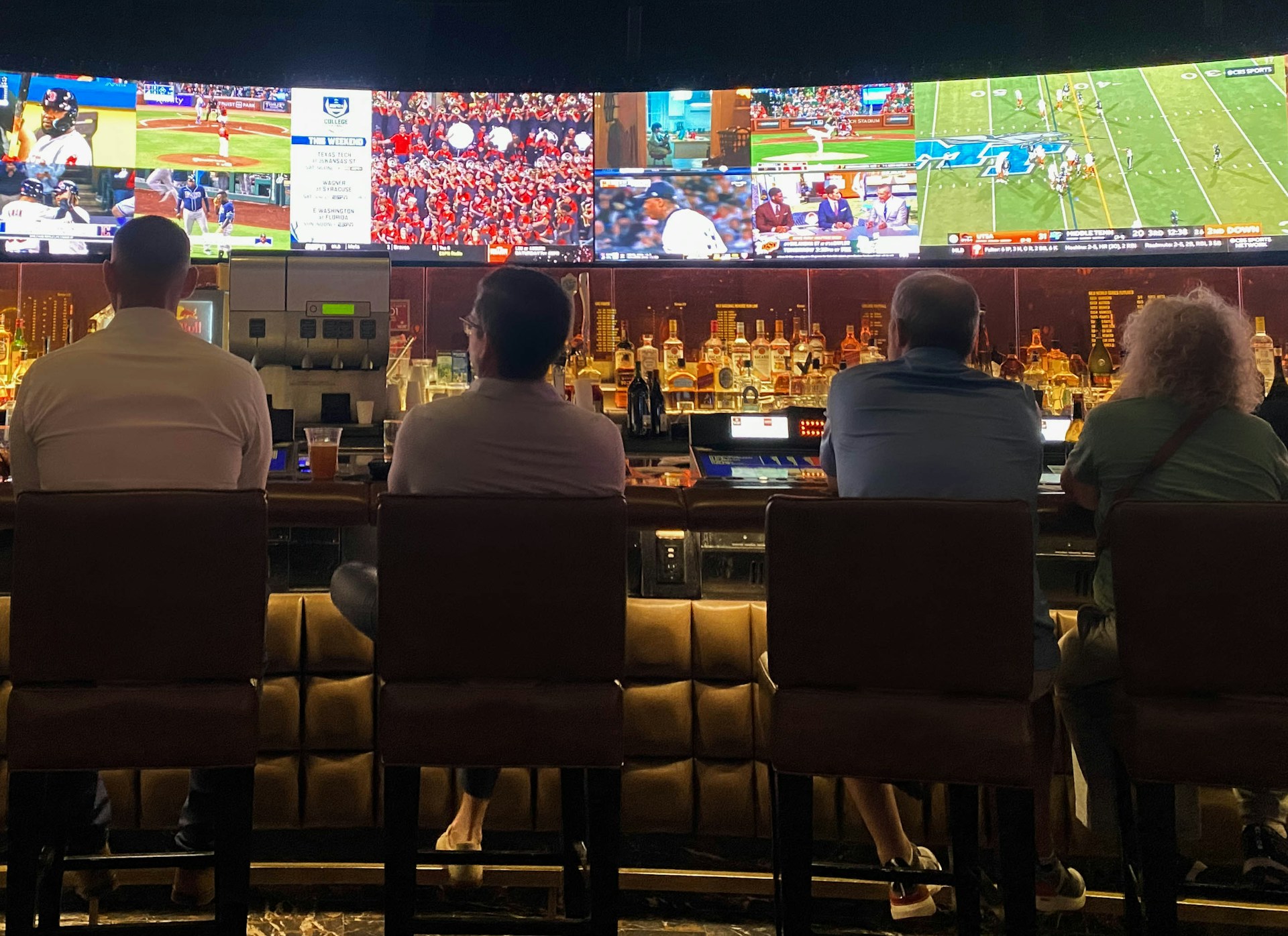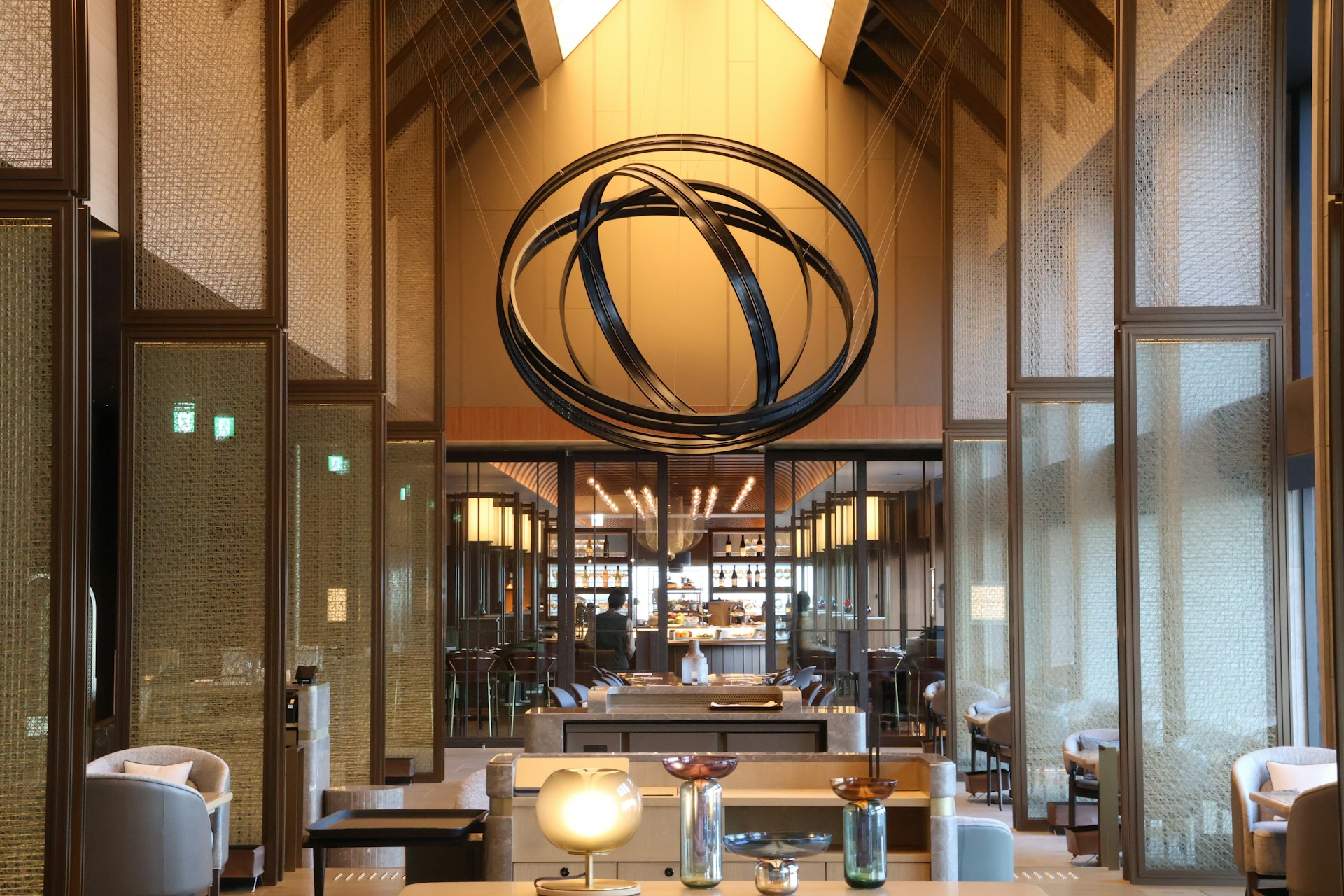Hotel construction projects fail at alarming rates. According to recent industry data, approximately nine out of ten construction projects exceed their original budgets, with many hotel builds surpassing initial estimates by 15% or more. These overruns stem from estimate errors, delivery delays, and mid-build changes that catch developers off guard.
Hotel construction management is the end-to-end coordination of planning, financing, permitting, design, and building a hotel, plus preparing systems and staff for opening. We align site selection, zoning approvals, contractor procurement, FF&E, and quality control with market demand and guest experience goals. This comprehensive approach spans from initial feasibility studies through operational readiness, ensuring every phase connects to deliver a guest-ready property on day one.
What Phases Make Up A Hotel Project From Concept To Opening?
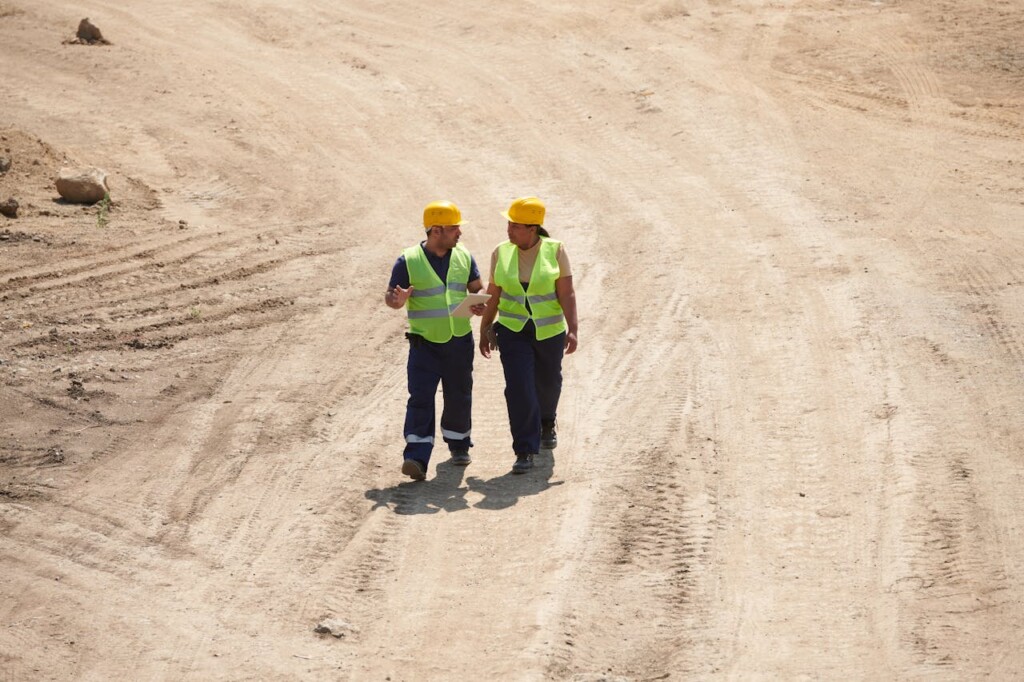
Hotel construction follows four distinct phases, each with critical decisions that shape the project’s success. We organize every phase around clear deliverables and approval checkpoints to keep the build on track.
Concept And Feasibility
The concept phase validates whether your hotel idea can succeed in the market. We start with a comprehensive feasibility study that examines site conditions, demand patterns, and financial projections. This analysis determines if the location can support your target hotel type and pricing strategy.
Defining the hotel type drives every subsequent decision. Economy and midscale hotels focus on operational efficiency and standardized layouts. Extended-stay properties require kitchenettes and longer-term amenities that affect both design and inspections. Boutique hotels emphasize unique design elements, while luxury projects demand premium finishes and extensive amenities.
The franchise versus independent decision shapes brand standards and approval processes. Franchise projects must meet specific design requirements and operational standards. Independent hotels offer more flexibility but require stronger market positioning and marketing strategies.
We model return on investment and cost per key during this phase. These financial projections guide budget decisions and help secure financing. The feasibility study becomes the foundation for all future planning and design decisions.
Design And Preconstruction
Design and preconstruction transform the concept into buildable plans. We finalize the program by defining room counts, amenities, and space allocations. Architectural drawings progress from schematic design through construction documents, with each stage requiring owner and brand approvals.
Securing financing runs parallel to design development. We prepare detailed cost estimates and project schedules to support loan applications. Building permits and zoning approvals must align with the design before construction can begin.
Partner selection significantly impacts project success. We evaluate architects, engineers, and contractors based on hotel experience and track record. Design-build delivery can reduce coordination risk by aligning design and construction under one contract.
Budget development includes a contingency allocation, typically 10-15% at this stage. We establish change control procedures to manage scope adjustments and cost impacts. A realistic schedule accounts for permitting timelines, material lead times, and seasonal construction constraints.
Construction
The construction phase brings the hotel to life through coordinated site preparation and building assembly. Site preparation includes excavation, utilities, and foundation work. We coordinate trades carefully to avoid conflicts between structural, MEP, and interior work.
Progress tracking prevents small issues from becoming major delays. We conduct regular inspections to catch quality problems early and maintain construction schedules. Change requests are documented and evaluated for cost and schedule impact before approval.
MEP coordination becomes critical as systems interact throughout the building. HVAC, plumbing, electrical, and fire protection systems must integrate properly to meet code requirements and brand standards. We schedule inspections strategically to maintain construction momentum.
Extended-stay projects require special attention to kitchenette installations and additional plumbing rough-in. These projects now represent a significant portion of the construction pipeline, affecting trade coordination and inspection sequences.
Handover And Closeout
Project closeout prepares the hotel for operational success. We complete punch lists systematically, addressing all outstanding items before final inspections. Systems commissioning ensures HVAC, fire protection, elevators, and lighting operate according to design specifications.
Final certifications include occupancy permits, health department approvals, and fire marshal sign-offs. We secure all required documentation before staff training begins. As-built drawings, operations and maintenance manuals, and warranty information are compiled into organized packages for the operations team.
A soft opening allows staff to test systems under controlled conditions. This limited operation helps surface defects and operational issues before the grand opening. We use soft opening feedback to fine-tune procedures and resolve any remaining construction issues.
The handover process includes training facility management staff on building systems and maintenance requirements. Proper documentation and training during closeout prevent operational problems and extend building system life.
Who Owns Which Responsibilities On A Hotel Build?
Clear role definition separates successful hotel projects from those plagued by delays and conflicts. We coordinate five distinct groups throughout the build process, each with specific responsibilities that must align at critical handoff points.
Owner/Developer Responsibilities
The owner or developer drives the project vision from conception through opening. They define the hotel type, select the brand or independent model, and secure financing for the entire development. Many owners stay deeply involved in FF&E procurement decisions since these choices directly impact guest experience and operational efficiency.
Owners typically maintain final approval authority over major design decisions, budget adjustments, and timeline modifications. Their involvement often intensifies during brand QA reviews and final inspections, where guest-facing elements receive scrutiny. We work closely with owners to ensure their vision translates into practical construction decisions that support long-term operational goals.
Construction Project Manager/Owner’s Representative
The construction project manager or owner’s rep functions as the owner’s advocate throughout the build process. They manage cost controls, scope boundaries, and schedule adherence while serving as the primary communication hub between all parties. This role becomes critical when coordinating between the general contractor, design team, and specialty vendors.
Project documentation falls under their oversight, from change order tracking to inspection reports and compliance certifications. We rely on strong owner’s reps to maintain project momentum when conflicts arise between trades or when permit approvals create bottlenecks. Their ability to make quick decisions on behalf of the owner often determines whether timeline delays cascade or get contained.
Design Team Functions
Architects, interior designers, and specialized consultants produce the plans that guide construction execution. The design team ensures code compliance while meeting brand standards and guest experience requirements. Kitchen planners and back-of-house specialists address operational workflows that impact both construction sequencing and long-term efficiency.
Design responsibility extends through construction documents and often includes periodic site visits to verify installation matches intent. We coordinate closely with design teams during the construction phase when field conditions require plan modifications or when value engineering opportunities emerge. Their ability to respond quickly to construction challenges keeps projects moving without compromising design integrity.
General Contractor Coordination
We manage subcontractor coordination, site logistics, and inspection scheduling from preconstruction through final handover. Our responsibility includes material staging, trade sequencing, and maintaining relationships with local authorities for permit processing and final approvals. Daily site oversight ensures work quality meets specifications while addressing safety protocols.
Site logistics become particularly complex during hotel construction due to the volume of FF&E deliveries and the need to maintain security for installed materials. We coordinate delivery schedules with storage capabilities and ensure proper staging areas for different trades. Our role extends to managing the handoff between construction completion and operational readiness.
Suppliers, Vendors, And Trades
FF&E vendors and specialty trades execute the detailed work that creates guest experiences. These groups deliver everything from custom millwork to kitchen equipment, often working to compressed timelines driven by the overall construction schedule. Long-lead items like elevators, custom furniture, and specialized mechanical equipment require early procurement and precise delivery coordination.
Subcontractors handle specialized installations including MEP systems, finishes, and technology infrastructure. Each trade must coordinate with others since hotel construction involves significant overlap between mechanical, electrical, and finish work. We manage these relationships to prevent conflicts and ensure quality standards across all installations.
Critical Handoff Management
Timeline slips most commonly occur when one group advances without ensuring the next team is prepared to receive the work. We map these handoff points early in project planning and build buffer time around critical transitions. Design completion must align with permit approval timelines, while construction milestones must synchronize with FF&E delivery schedules.
Effective handoff management requires constant communication between all parties and proactive identification of potential conflicts. We monitor progress against planned handoff dates and escalate issues before they impact downstream activities. This coordination becomes especially important during final inspections when multiple trades must complete punch list items simultaneously.
How Do You Control Costs, Timelines, And Risk In Hotel Construction Management?

Hotel construction costs vary dramatically based on property type and market positioning. Economy and midscale hotels typically run $100,000 to $175,000 per guest room, while extended-stay properties require $175,000 to $275,000 per key due to kitchenette installations and enhanced utility systems. Boutique properties command $200,000 to $350,000 per room, reflecting custom finishes and unique design elements.
Luxury hotel builds present the highest cost per key, often starting at $400,000 and frequently exceeding $600,000. These projects involve premium materials, complex MEP systems, and extensive amenities that drive both hard costs and schedule complexity.
Understanding Budget Structure And Cost Categories
We structure hotel budgets across distinct categories to maintain control and transparency. Hard costs typically consume 55% to 70% of the total budget, covering construction materials, labor, site work, and building systems. Soft costs represent 12% to 18% and include design fees, permits, legal expenses, financing costs, and consultancy services.
FF&E procurement accounts for 8% to 12% of the budget, encompassing furniture, fixtures, equipment, and operating supplies. Pre-opening expenses and working capital require 2% to 6%, covering staff hiring, training, marketing, and initial operating reserves. Developer fees range from 1% to 5%, compensating for project oversight and risk management.
Contingency allocations of 5% to 10% provide essential buffers for scope changes and unforeseen conditions. We allocate contingency to specific risk categories rather than treating it as a general reserve, ensuring strategic deployment when challenges arise.
Common Drivers Of Cost Overruns And Schedule Delays
Inaccurate initial estimates create the foundation for budget problems. When feasibility studies underestimate site conditions, utility requirements, or local code compliance costs, projects face immediate pressure. Delivery delays for long-lead materials compound these issues, particularly for custom millwork, specialty lighting, and imported finishes.
Site surprises during excavation or utility installation can trigger significant change requests. Price volatility in steel, concrete, and lumber markets affects projects differently depending on procurement timing. Labor constraints in specialized trades create both cost and schedule pressure, especially in competitive construction markets.
Weather delays and approval bottlenecks with local authorities represent external factors that require proactive management. Brand approval processes for design elements, signage, and operational standards introduce additional checkpoint risks that can extend timelines unexpectedly.
Proven Controls For Managing Project Performance
We define scope boundaries precisely at project outset and maintain rigorous change management protocols. Every scope modification requires documentation, cost impact analysis, and approval before implementation. Value engineering during design phases identifies cost reduction opportunities without compromising guest experience or operational efficiency.
Long-lead procurement requires early commitment and careful coordination with construction schedules. We lock major material orders and custom elements months before installation dates, accounting for manufacturing, shipping, and potential delays. Phased scheduling with built-in float time accommodates inevitable adjustments.
Proactive inspection scheduling prevents rework and maintains quality standards throughout construction. We stress-test project timelines by mapping critical path dependencies and identifying potential bottlenecks. Hidden task dependencies between trades receive particular attention, as coordination failures here create cascading delays.
Brand approval checkpoints align with construction milestones to prevent late-stage design conflicts. Real-time variance tracking allows immediate response to budget deviations, maintaining financial control throughout the build process. Many hotel projects exceed initial budgets by double-digit percentages, making realistic contingency planning and continuous monitoring essential for successful delivery.
Conclusion and Next Steps
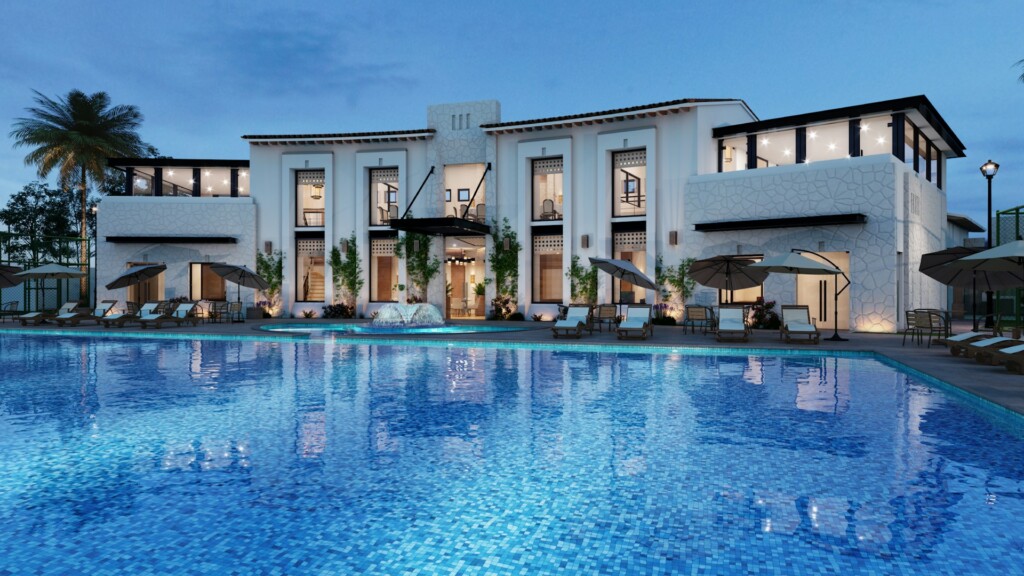
Effective hotel construction management integrates market-driven feasibility with disciplined execution across every phase. We coordinate planning and financing with design precision, manage construction risks through proven controls, and prepare operations before doors open. This systematic approach reduces the budget overruns and delays that plague many hotel projects while delivering properties ready for immediate service.
To move your hotel project forward successfully, secure concept approval and establish realistic budgets early. Define clear roles and handoffs between your development team, design professionals, and general contractor. Build contingency into schedules and budgets, map brand approval checkpoints throughout construction, and coordinate systems commissioning with staff training. Treat project closeout, final inspections, and as-built documentation as dedicated scope items rather than afterthoughts.
Ready to start your hotel construction project with confidence? Contact EB3 Construction to discuss how we can help bring your vision to life.

